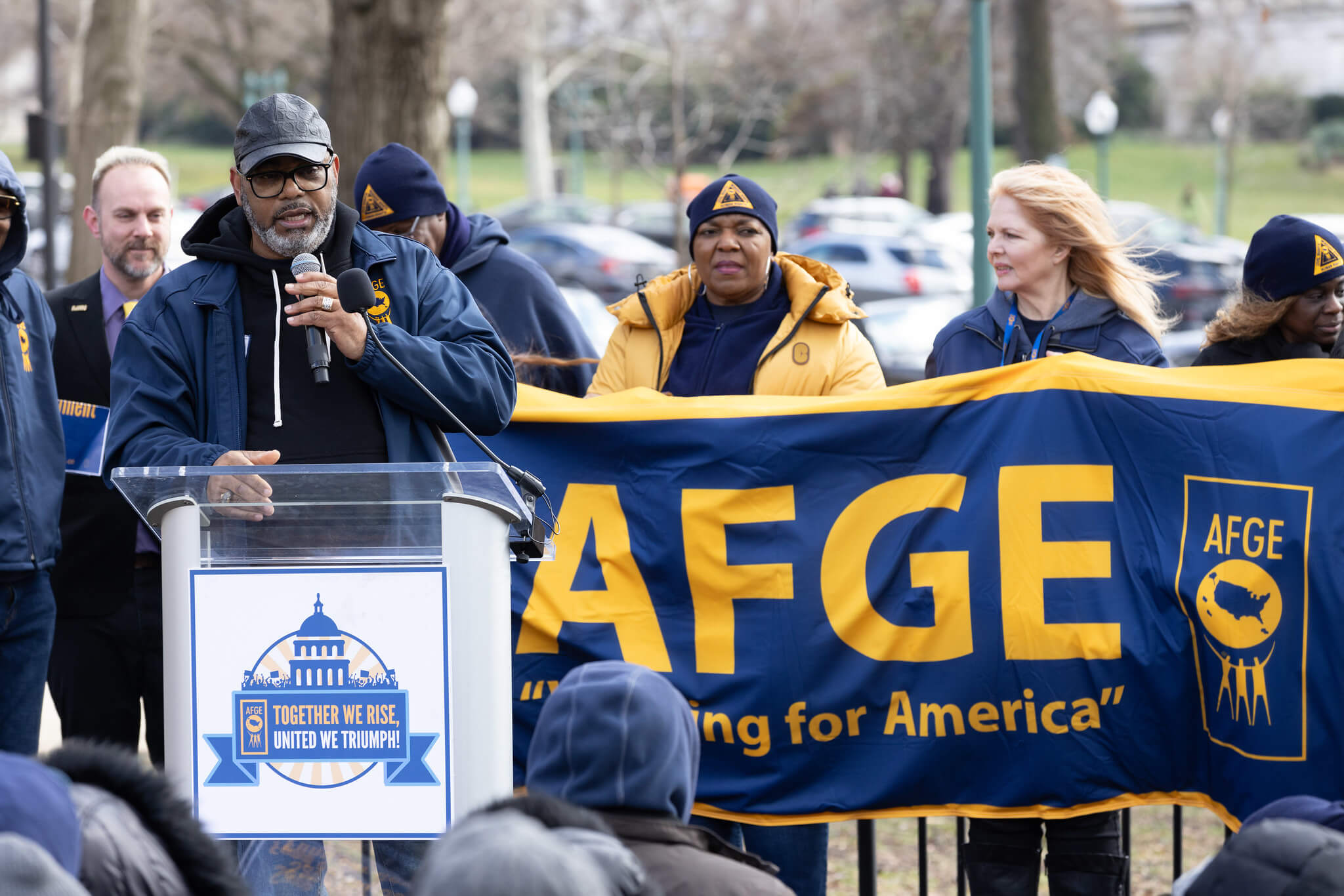Today's Headlines and Commentary
A U.S. guided missile destroyer collided with a merchant ship off the coast of Singapore on Sunday. Five sailors were injured and ten are missing after the USS John S.
Published by The Lawfare Institute
in Cooperation With

A U.S. guided missile destroyer collided with a merchant ship off the coast of Singapore on Sunday. Five sailors were injured and ten are missing after the USS John S. McCain collided with Alnic MC, an oil and chemical tanker. Four of the injured have been transported to Singapore for treatment of injuries not believed to be life-threatening, according to the New York Times, while the fifth injured sailor did not require further medical attention. A search and rescue operation by the U.S. and Singapore navies is under way. There are no reports of an oil spill or of fatalities of the Alnic MC crew. The incident comes two months after another destroyer, the Fitzgerald, collided with a freight ship off the coast of Japan. CNN reports that Chief of Naval Operations Admiral John Richardson announced on Monday a one-day pause in operations for a safety review.
The United States and South Korea began joint military exercises on Monday morning. Though both the U.S. and South Korean governments maintain that the 10-day drills, which the two militaries conduct annually, are defensive in nature, North Korea has insisted that they are invasion rehearsals, reports the Times. During last year’s drills, the North tested a submarine-launched ballistic missile. While tensions between the Trump administration and the Kim regime have settled over the past week, after Trump threatened to rain “fire and fury” on North Korea, and North Korea threatened to launch a missile toward Guam, the Times notes that North Korean provocation during the exercises could escalate tensions once again.
The United States, Canada, and Mexico closed the first round of talks about renegotiating the North American Free Trade Agreement (NAFTA) on Sunday. Negotiations are expected to continue in Mexico and Canada in September and in the United States in October. According to The Wall Street Journal, a key area of tension is automotive “rules of origin,” which dictate what portion of a product must be manufactured within an agreement’s jurisdiction to qualify for a tariff waiver. Mexican Economy Minister Ildefonso Guajardo and Canadian Foreign Minister Chrystia Freeland have both indicated they are against specific national rules of origin within NAFTA, notes Reuters.
The Secret Service has run out of funds to pay hundreds of agents tasked with protecting the President’s many family members and weekend getaway properties, reports USA Today. Secret Service Director Randolph Alles noted that seven months into the administration, more than 1,000 agents have already exceeded the mandatory limits on salary and overtime. Though he is considering requesting that Congress raise those caps from $160,000 to $187,000 per year, doing so would leave over 100 agents undercompensated for hours they already accrued this year. The Secret Service released a statement Monday saying that the funding issue is not attributable to the current administration, that the agency is able to meet all current mission requirements through the end of this year, and that Secret Service leadership is working with Congress and the Department of Homeland Security to find a legislative solution.
The White House has decided on a new strategy for the U.S. mission in Afghanistan that is likely to result in increased troop levels, reports the Times. On Sunday, Defense Secretary Jim Mattis said that “[t]he president has made a decision.” In June, Mattis received authorization to deploy as many as 3,900 troops to Afghanistan in advisory and support roles, but he has held off on invoking that authority until the White House decided on a broader strategy for the region. The President is expected to announce the strategy in a speech on Monday night.
Spanish police shot on Monday the man responsible for last week’s van attacks in Barcelona. Younes Aboyaaqoub was in Subirats, a region 20 miles west of Barcelona when he was shot by police after appearing to be wearing an explosive vest.
ICYMI: Last Weekend, on Lawfare
Paul Rosenzweig offered commentary on blockchain standards.
Matthew Kahn posted the Lawfare Podcast, featuring Bobby Chesney and Michael Sulmeyer on U.S. Cyber Command’s elevation and possible separation from the NSA.
Chris Meserole wrote the Foreign Policy Essay, which covered steps that the Trump administration can take to address the threat of extremist right-wing violence.
Robert Williams argued that the U.S. could consider China’s offer to suspend North Korea’s nuclear missile testing in exchange for an end to U.S.-South Korea missile tests, with conditions.
Email the Roundup Team noteworthy law and security-related articles to include, and follow us on Twitter and Facebook for additional commentary on these issues. Sign up to receive Lawfare in your inbox. Visit our Events Calendar to learn about upcoming national security events, and check out relevant job openings on our Job Board.




.jpg?sfvrsn=407c2736_6)
